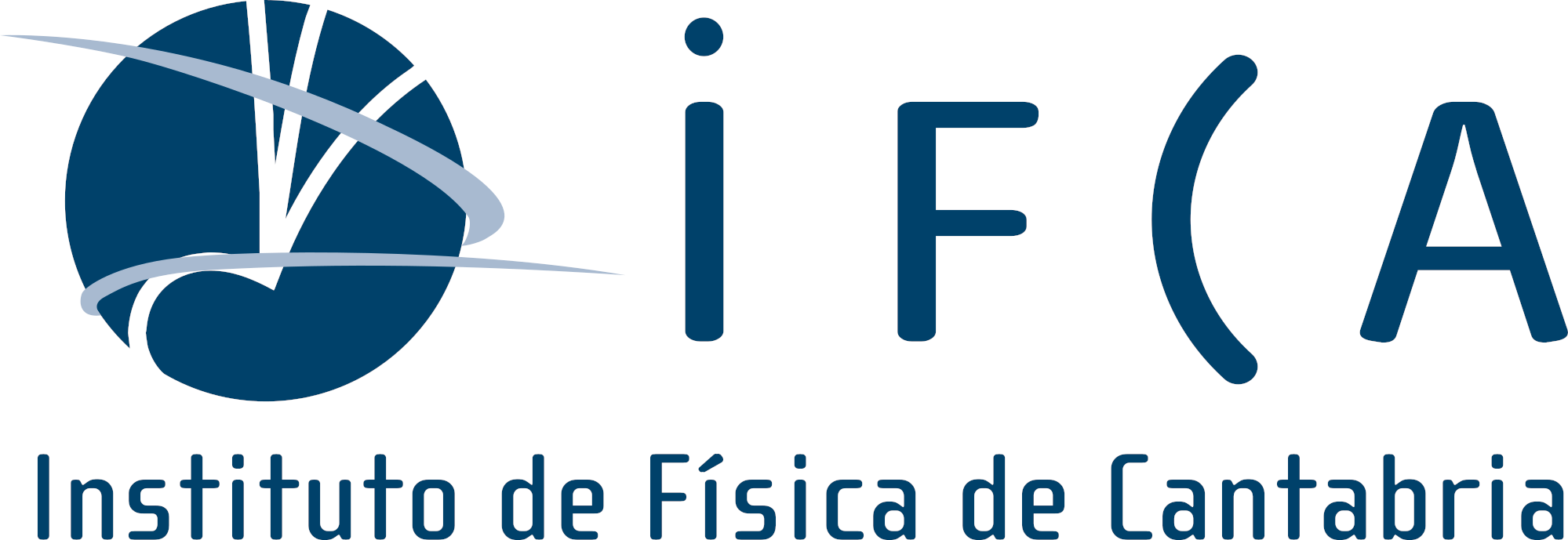CLOSED Deadline: La Caixa offers 35 PhD fellowships for early-stage researchers of any nationality to pursue their PhD studies in research centres accredited with the Spanish Seal of Excellence Severo Ochoa, María de Maeztu or Health Institute Carlos III and Portuguese units accredited as “excellent” or “exceptional” according to the evaluation of the Fundação de Ciência e Tecnologia. This frame is addressed exclusively to PhD research projects on STEM disciplines: life sciences and health, experimental sciences, physics, chemistry and mathematics. The Instituto de Fisica de Cantabria has been awarded as "Unit of Excellence Maria de Maeztu" by the Spanish Ministry of Science, Innovation and Universities, and the Advanced Computing is offering two undergraduate positions under this framework. The doctoral INPhINIT fellows will enjoy a 3-year contract under the Spanish labour legislation in force, respecting health and safety, and social security provisions in a stimulating research training environment, with access to appropriate equipment, facilities and opportunities.2 Undergraduate positions on Data Science (INPhINIT La Caixa fellowship programme)
Contact: aloga@ifca.unican.es
Positions
| Position name | FPGA-accelerated deep learning |
|---|---|
| Supervisor | Dr. Álvaro López García |
| Description | Field Programmable Gate Arrays (FPGAs) are integrated circuits that can be reconfigured after they are manufactured in order to carry out specific tasks in a more efficient way than when they are carried out in general purpose processors. Moreover, they provide superior energy efficiency when compraed to other accelerators, such as graphical processing units. Machine learning, neutral networks and deep learning often require from specialized hardware accelerators to perform their tasks efficiently. The current trend is using GPUs as general purpose processors (GPGPUs). However, FPGAs can also be tailored to execute extremely fast, and data-rich implementations of machine learning algorithms. In this project we will study how we can implement a set of selected deep neural network architectures FPGAs in order to make them a realistic solution. This would allow to move machine learning and deep learning training and inference workloads form the datacenter to edge devices, making them a viable solution to many on-line data analysis problems. This job requieres computing and software skills, since the candidate will be involved to software development using state-of-the-art techiques. The candidate will work with a large group of physiscist and softwrae engineers (from senior to students) that will provide the necesary training. All resources needed are available in the group and the institute. |
| Position name | Deep Learning assistant for brain disease diagnosis |
|---|---|
| Supervisor | Dr. Lara Lloret Iglesias |
| Description | In recent years, the ability of computers to extract information from images has exponentially increased. One of the responsible for this advance is the Convolutional Neural Networks (CNN). CNNs have consistently outperformed classic Machine Learning techniques since 2012, when AlexNet won the ImageNet Large Scale Visual Recognition Competition. Most of the design work of a classical Machine Learning algorithm is to choose the appropriate characteristics. In contrast, a Deep Neural network as the CNN takes raw information and automatically learns the characteristics through training. We aim to apply these state-of-the-art techniques to the field of medical image to help diagnosis. For this, at the Instituto de Fisica de Cantabria, we have at our disposal the PAFIP (Assistance Program of the Initial Phases of Psychosis) cohort imaging data. This cohort is a well-characterized sample of patients with a first episode of non-affective psychosis scanned in the first 3 months of entering the program, a follow-up (1, 3, 5 and 10 years) and a comparable sample of healthy volunteers. This dataset contains not only anatomical and diffusion imaging data but also biochemistry, sociodemographic, clinical, genetics and cognition information. The project final goal is to develop a virtual assistant for the health experts (mostly radiologists) helping to improve significantly the diagnosis time and thus the quality of the medical service. |
Call links and more information:
- Official call web page: https://obrasociallacaixa.org/en/investigacion-y-becas/programa-de-becas-de-posgrado/inphinit/incoming
- CSIC fact sheet.
If you are interested, please send an email to the contact address listed above in order to get more information on the positions.


